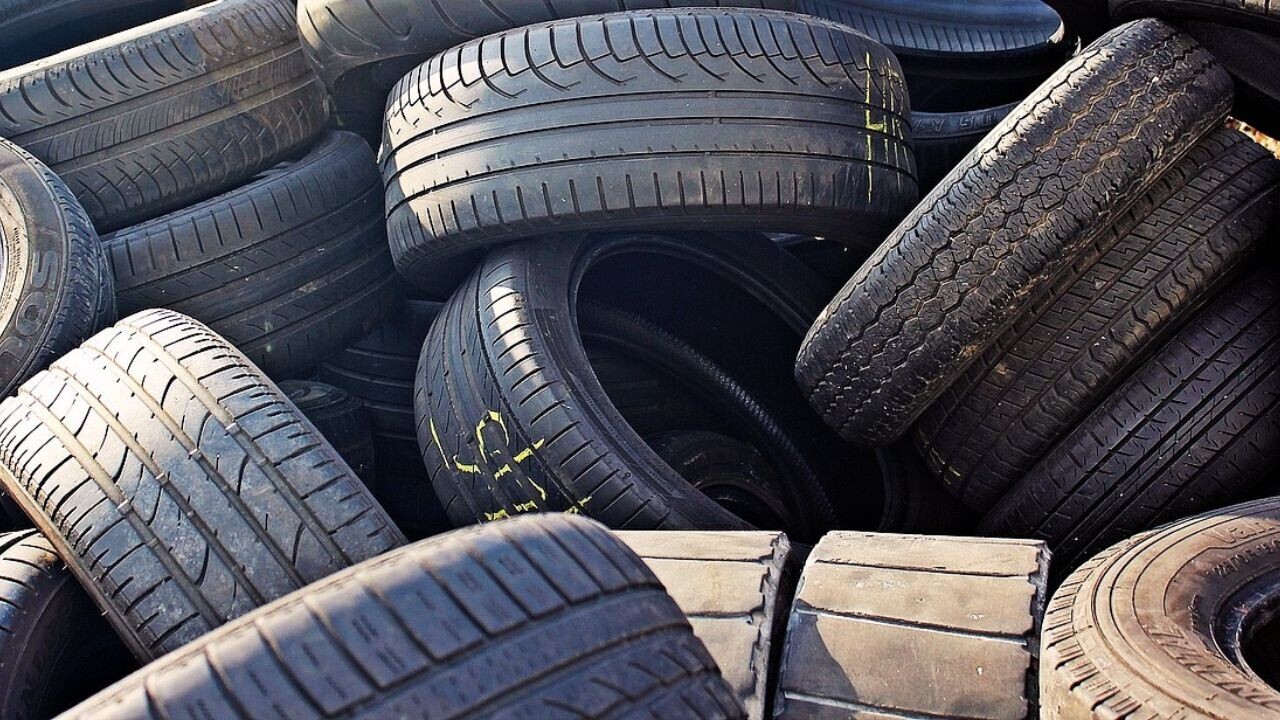
Story by
Ioanna Lykiardopoulou
Ioanna is a writer at SHIFT. She likes the transition from old to modern, and she’s all about shifting perspectives. Ioanna is a writer at SHIFT. She likes the transition from old to modern, and she’s all about shifting perspectives.
Tyre wear is a major contributor to polluting microplastics — small particles which don’t biodegrade and tend to accumulate in the environment, leaking harmful toxins into the air and our waterways. And although there’s no respective EU regulation yet, a London-based startup has developed a device that can capture these particles.
The Tyre Collective started out as a master’s project by three former students of the Imperial College London and the Royal College of Art, who founded the startup in 2020. It claims to have developed the first-ever device that captures tyre pollution.
The team discovered that tyre particles are charged from friction with the road. Based on that, it developed its patent-pending technology which uses electrostatics and airflow to attract up to 60% of these particles. Once captured, they can be upcycled as a micronised rubber into a variety of applications such as 3D printing, shoe soles, and soundproofing — creating, thus, a closed-loop system.

In collaboration with London-based logistics company Zhero, the cleantech startup concluded its first pilot in November 2022. The TC02 prototype was able to capture tyre wear of particles sized between 0.3 and 100 microns. Over half were below 10 microns, which are considered to be the most dangerous for human health and the environment.
At the first stage, the Tyre Collective is targeting logistic fleets, aiming to start with delivery and maintenance vans before moving onto buses and HGVs. In the future, it envisions scaling the device across all vehicle segments, with a special focus on EVs. It’s also looking for partners to run larger pilots and OEMs interested in integrating the technology.
Although reducing tyre wear pollution is an integral step towards reaching zero-emissionmobility, it hasn’t received the required attention so far. This means that it’s an opportune space for clean tech startups seeking to improve the sustainability of a vehicles’ life cycle.
Also tagged with